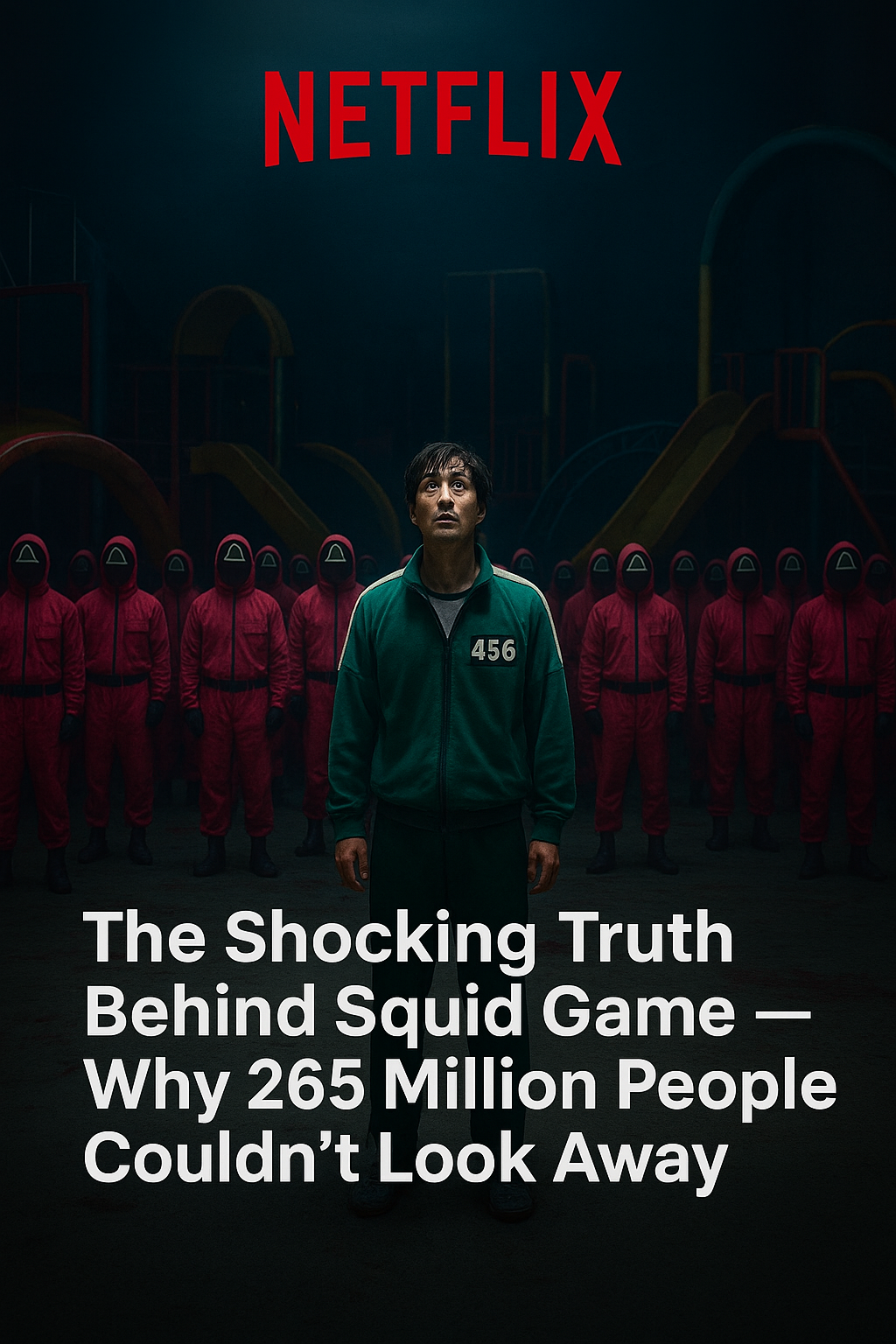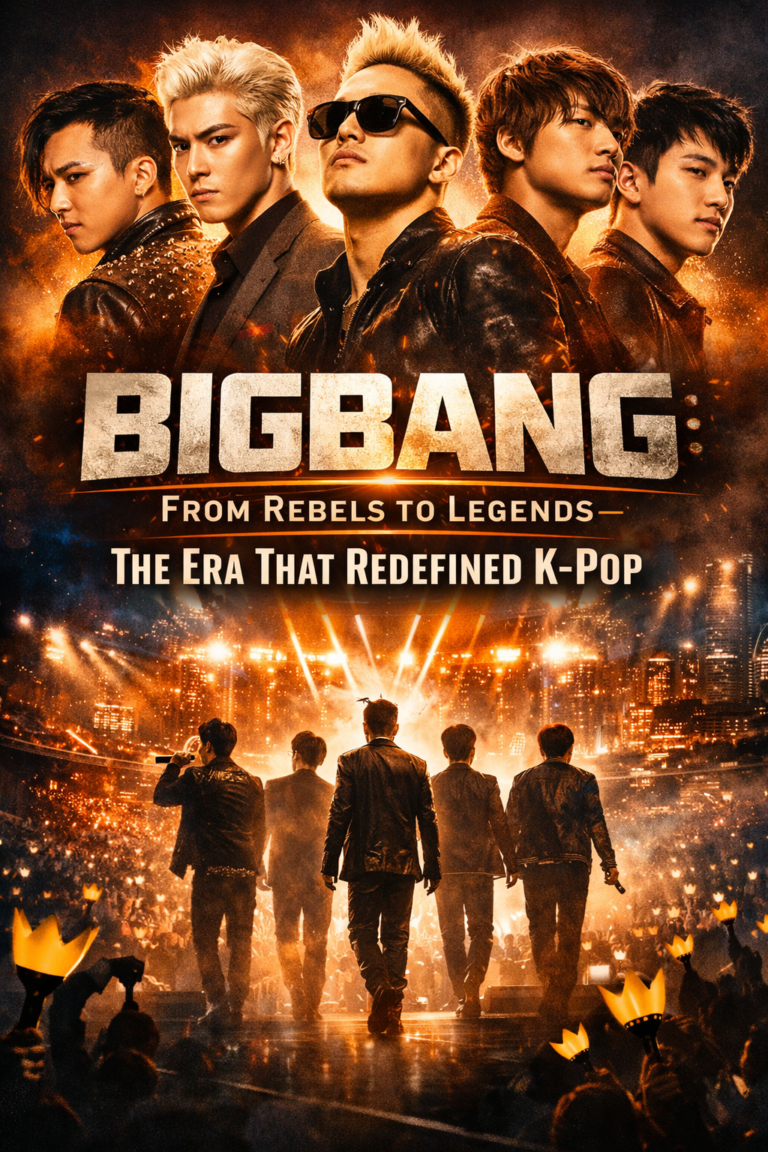
When Squid Game premiered on Netflix in 2021, no one could have predicted the cultural earthquake it would unleash. Within weeks, it became a global phenomenon, topping charts in over 90 countries and captivating more than 265 million viewers. It wasn’t just another viral series — it was a mirror reflecting the brutal realities of human desperation, inequality, and survival. The shocking truth behind Squid Game lies in its unflinching portrayal of what people will do when pushed to the edge, and how disturbingly close its fiction feels to our real world.At its core, Squid Game is a story about debt — not just financial debt, but moral and societal debt. The characters are ordinary people crushed under economic pressure: a single mother fighting for her child, a disgraced investor clinging to pride, a migrant worker ignored by the system. Each one steps into the deadly competition believing that a win will buy back their dignity. The haunting twist is that their humanity is the first price they pay. The series forces viewers to confront a disturbing question: how much is your life worth, and who decides?What made Squid Game impossible to look away from was its perfect storm of tension, artistry, and emotional truth. The colorful playground sets clashed violently with the blood-soaked games, turning childhood nostalgia into psychological horror. The contrast between innocence and brutality was no accident — it was a commentary on how society gamifies survival, turning the powerless into entertainment for the privileged. Every round, every loss, and every betrayal hit a nerve that felt painfully familiar, no matter where in the world you watched from.But the show’s impact went far beyond its storytelling. It tapped into a universal exhaustion — the sense that modern life is itself a rigged game. People recognized themselves in those desperate players running for their lives while being watched by masked elites. It wasn’t just fiction; it was allegory wrapped in spectacle. Squid Game became a conversation about capitalism, class, and morality — all disguised as a suspense thriller.The series’ creator, Hwang Dong-hyuk, wrote Squid Game years before it was produced, inspired by his own financial struggles and by observing the widening gap between the rich and the poor. When Netflix finally picked it up, the timing was uncanny. The world was reeling from a pandemic, global debt was soaring, and millions were questioning systems that seemed designed for a few to win and many to lose. Squid Game hit like a cultural reckoning — it was shocking not because it was far-fetched, but because it felt too real.Even now, years later, the fascination hasn’t faded. Memes, merchandise, theories, and even real-life “Squid Game” competitions have kept the story alive. But beneath the hype, the truth remains unsettling: we keep watching because, on some level, we understand. We recognize the hunger, the fear, the desperation — and maybe the small, shameful part of us that wonders how far we’d go if we were inside that arena.Squid Game didn’t just entertain 265 million people. It exposed the fragile line between survival and morality, privilege and poverty, humanity and horror. That’s why no one could look away — because deep down, it wasn’t just their game. It was ours.



